The Great Backyard Bird Count -
February 15- 18, 2019
This year more important than ever!
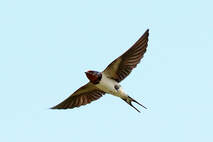
In past years on our property, we have written about bats that wheeled above our pond eating almost their own weight in mosquitos each night. And the barn swallows that would do the same during the day and also skim across the surface of the water with their lower beaks cutting the surface as they fed. Our summer bird feeders hosted probably a half dozen cardinal pairs, as well as bluejays, doves, grosbeaks, finches, all sorts of sparrows, and for us - most importantly - hummingbirds. Yes, we still have some, but in the last few years, we have noticed a slow decline in the numbers.
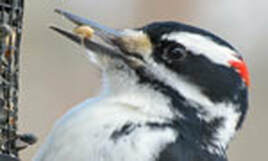
Well, for one thing, within the last decade or so, scientists have become aware of apparently catastrophic losses in insect populations as a whole! In the web of life that surrounds us, perhaps the most important foundational element would be our insects. They are the food for birds and fish and mammals. They pollinate the crops that feed us and most of the animal world. Plants need them to continue to reproduce. They decompose our waste and recycle the energy that makes life possible on earth. Without these pesky annoyances, we would all starve!
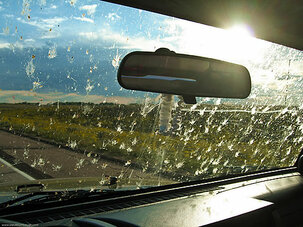
How many bugs are squished on your car windshield is an experience that all of us have had. Indeed, if you think back many decades - perhaps to your annoyed parents having to scrape off the dried carcasses after a long road trip, it does seem that there are far less of them today than in the past. (This is not due to cars being more aerodynamic today either). Even thinking back to watching the swarms of insects wheeling about street lamps at night, there seem to be far less today than several decades ago.
So if it is true that we are noticing less and less types and numbers of animals around us, is it because there isn’t enough to eat?
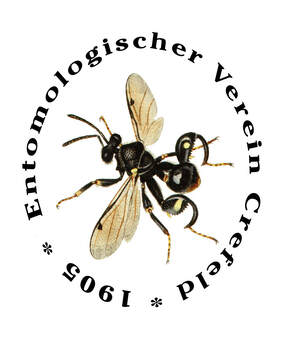
In a career where the watch phrase is ‘publish or perish’, completing studies to attract new funding doesn’t reward long term data gathering- much less on bug populations over years! But these kinds of ‘on-the-ground’ measurements are very important.
Among the rare historical data sets that researchers found in their attempts to quantify how severe the insect collapse might be, were the records kept by a small entomological society in Krefeld, Germany. Their local bug collections and data went all the way back to the 1860’s, and studying them revealed horrible news. Across habitats and species, there were declines of about 80%! This has led to searching out more old records, and declines of similar levels are being found all around the globe.
As reported in Science magazine on May 10, 2017, when measured by weight, insect losses were catastrophic.
Weighty disappearances
The mass of insects collected by monitoring traps in the Orbroicher Bruch nature reserve in northwest Germany dropped by 78% in 24 years.
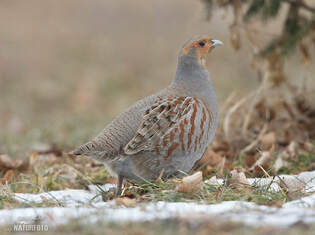
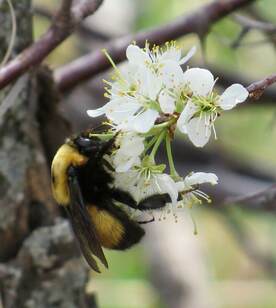
Many of us may be aware of the critical role that commercially supplied honeybees play in the pollination of our fruit crops, and the worry that has arisen from the as yet unexplained bee colony collapses. But a study published in Science in March 2013 - honeybees need other pollinators, has warned that ‘wild insects’ also play a critical role in setting fruits in over 41 crop systems around the world. Large reductions in the varieties and numbers of insects in the environment can lead to unknowable losses of our food crops.
Making funding, policy or research decisions based on anecdotal memories is a dangerous thing. Our memories can be exaggerated or muted by time and emotion. This is why quantitative data gathered by projects like the GBBC over time can be so valuable. It is just not the type of information that governments or the private sector tend to collect.
Scientific research has always been constrained by a lack of funding, manpower, lack of local interest or poor communication. Today, smartphones and the internet are drastically changing all that. Now it is possible for a scientist studying a particular problem to reach out to like minded people and engage them in finding solutions anywhere in the world.
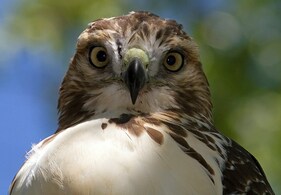
What research/data is not funded by government, is funded by private capital looking to make money. So it is the data gathered by the independent amateur scientists- that yield huge data sets over time, that government or privately sponsored researchers will not yield. The GBBC helps address this.
Since 1998, each year in the second week of February, bird watchers around the world can be part of the Great Backyard Bird Count. This year it will start on Friday, February 15, 2019, and end on February 18, 2019. Participation is free and it only takes 15 minutes of your time. Best of all, you can send in the results from your smartphone! If you want to participate you have to sign up, so please go to:
How-take-part-great-backyard-bird-count
Since so many birds feed largely on insects, information collected in the GBBC, can be compared to studies in other areas. Getting many data points from citizens all over the world - which funding and manpower would never allow among scientific researchers, it is very important indeed. So do your part to save the planet and spend some time with the family outdoors, and have fun!
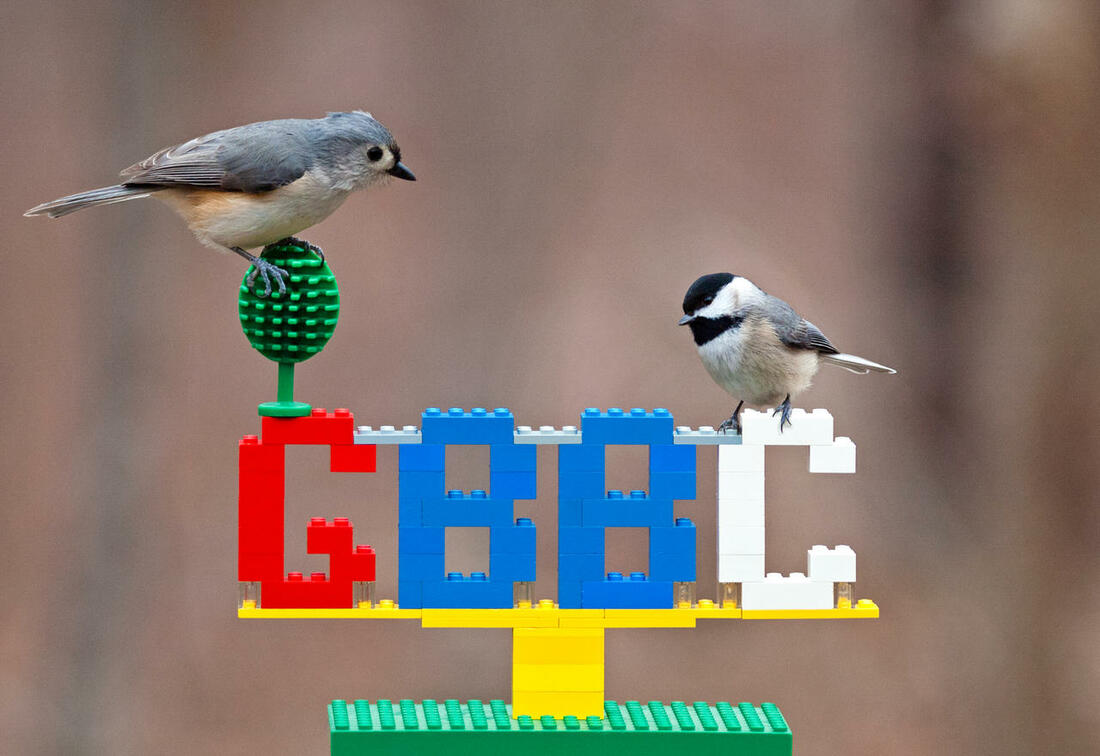
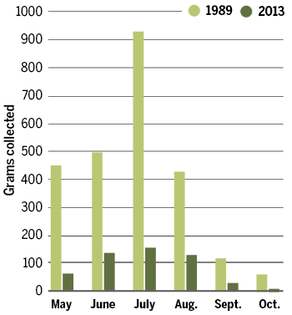
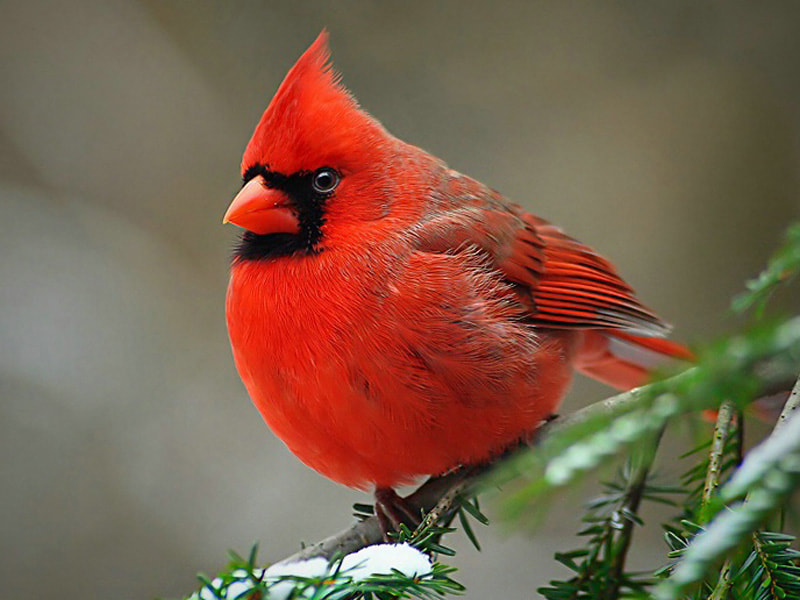
 RSS Feed
RSS Feed